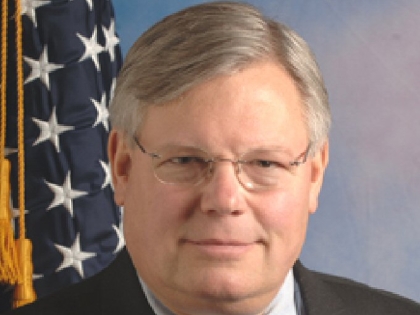
Bill Would Extend Shield Law to Cover Bloggers
The New York Times: Bill Would Extend Shield Law to Cover Bloggers
By Sewell Chan
May 20, 2009
New York State’s shield law, which protects the right of news reporters to refuse to testify about information obtained through news gathering, would be extended to “journalist bloggers” under a bill introduced by State Senator Thomas K. Duane and Assemblywoman Linda B. Rosenthal, two Manhattan Democrats.
The law protects journalists from being compelled to disclose confidential information or sources in state court. (Although most states have a shield law, there is no federal equivalent, an issue that arose during the C.I.A. leak scandal, the investigation into who disclosed the identity of Valerie Plame as a covert intelligence officer.)
The current shield law protects professional journalists involved with newspapers, magazines, news agencies, press associations, wire services, radio and television. The bill under consideration would expand the scope of the law to include “journalist bloggers,” with a blog defined as “a Web site or Web page that contains an online journal containing news, comments and offers hyperlinks provided by the writer.” Mr. Duane and Ms. Rosenthal said they believed their proposal was one of the first of its kind.
Mr. Duane said in a statement:
The media is changing, both in content, access and scope. It is important that the laws of New York State reflect the changing landscape of journalism. Enacting this legislation will ensure that those reporters who write for a blog are given the same protections as traditional print or television journalists. If we don’t, we face a chilling effect on free speech and journalists’ ability to aggressively report the news. It is time New York’s shield law reflected the reality of 2009 and acknowledges that blogs do exist.
Ms. Rosenthal said in a statement:
New York State has one of the strongest reporters’ shield laws in the country. Yet, although blogs provide news to countless New Yorkers, we still do not extend the protection of the law to blogger journalists. We must remedy this by affording bloggers the same rights that we offer other journalists. I call on my colleagues in the Assembly and Senate to support this legislation and the right to free speech.
Mr. Duane and Ms. Rosenthal noted that last year, the office of the Bronx district attorney, Robert T. Johnson, issued a grand jury subpoena to the blog Room 8, which focuses on local politics, in an attempt to determine the identity of several people who blogged anonymously on the site. The subpoena was later withdrawn.
New York State has a long tradition of protecting journalists from revealing their sources; in a famous 1735 case, John Peter Zenger was acquitted on charges of publishing articles critical of the colonial governor.
The state’s shield law arguably already covers many bloggers who practice journalism. Under amendments to the statute adopted in 1981, the shield law was already expanded beyond traditional news media to include “any professional medium or agency which has one of its regular functions the processing and researching of news intended for dissemination to the public.” But under that definition, “professional journalist” is defined as one who gathers news “for gain or livelihood.” Since some many bloggers do not receive pay for their work, they are seen as not being protected under the law as it now stands.
Lucy A. Dalglish, executive director of the Reporters Committee for Freedom of the Press, an organization in Arlington, Va., that defends First Amendment rights of journalists, said she was sympathetic with the bill’s mission, but she said that using the word “blog” in the language of the proposal might be too broad.
It might be better, she said, to broaden the definition of “professional journalist” or even remove the words “professional” or “for gain or livelihood” from the existing statute.
“Blogging is a technology and a method of delivery,” Ms. Dalglish said in a phone interview. “Some people are doing valuable journalism when they blog. Others do not. What you are trying to protect is the journalism function, not the technology or the platform.”